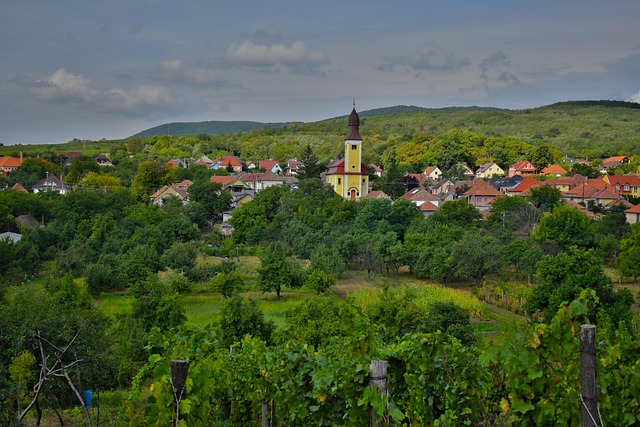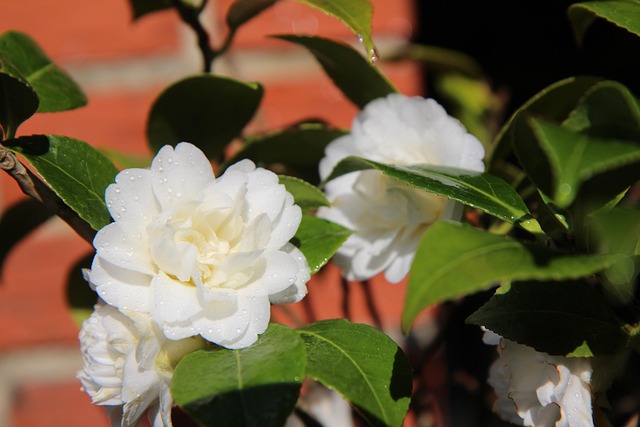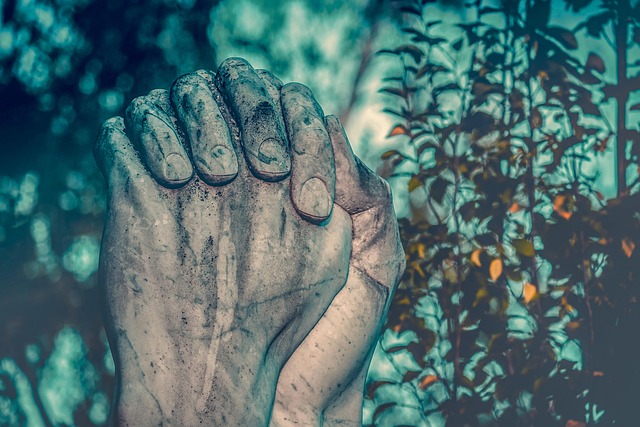Holidays hold a special place in the tapestry of human experience, weaving together threads of culture, religion, and personal reflection. When we think of holidays through the lens of religion, each celebration unfolds like a divine note in a celestial symphony, resonating with deeper spiritual significance. These moments are not merely days off work; they symbolize connection—to our beliefs, to history, and to one another.
Take, for instance, the vibrant celebrations of Diwali, the Festival of Lights, observed by millions around the world. This holiday represents the triumph of light over darkness, knowledge over ignorance. As families gather, lighting diyas and decorating their homes, the air fills with the sweetness of traditional treats and laughter. It’s a note of hope, a reminder of the ever-present possibility for renewal and spiritual awakening that exists within us all.
Then there’s the solemnity of Yom Kippur, the Day of Atonement in Judaism. This holiday is a time for introspection and repentance, allowing individuals to confront their shortcomings and seek forgiveness—not just from others, but from themselves. In this way, Yom Kippur acts as a somber yet uplifting note of reconciliation, echoing the importance of accountability in our relationships with both the divine and our fellow humans.
Similarly, in Christianity, Easter embodies the profound note of resurrection and hope. The celebrations following the solemnity of Lent showcase a powerful narrative of death and rebirth, resonating with the fundamental belief in renewal. The vibrant colors of egg-decorating, the joyous church services, and the time spent with family serve as a reminder that beyond the trials of life, there is always the promise of new beginnings.
Holidays across different faiths are imbued with their own unique meaning, yet they all share a common thread—a yearning to connect with something greater than ourselves. As we observe these sacred days, we engage in rituals and practices that bind us, serving as notes in a larger melody that transcends the mundane. In a world often filled with chaos and distraction, these moments allow us to pause, reflect, and reconnect with our spiritual foundations.
Moreover, the communal aspect of holidays cannot be overstated. Whether it is sharing a meal during Ramadan or exchanging gifts during Hanukkah, these collective experiences reinforce social bonds, creating a rich tapestry of shared beliefs and values. The festivities enable us to celebrate not only our differences but the universal truths that unite us. Each holiday, in essence, is a note of affirmation, a reminder that we are part of a larger narrative woven through time and faith.
As we navigate through the numerous holidays across various religions, it’s essential to realize the significance behind these celebrations. They are not just annual events marked on our calendars; they are immersive experiences that invite us to reflect on our lives and our place in the universe. They offer insights into our faith, our communities, and most importantly, ourselves. Holidays remind us to take note of our journey, to appreciate the moments of joy, tribulation, and spiritual enrichment that they bring into our lives.
In a world that often feels fragmented, let us look to the spiritual significance of holidays as reminders of our shared humanity and collective consciousness. Like musical notes played in harmony, these sacred days resonate with meaning that enrich our lives, fostering a deeper connection with our spiritual selves and those around us. Each celebration becomes a note in a larger, divine composition that encourages us to live with intention, compassion, and a profound sense of belonging.




